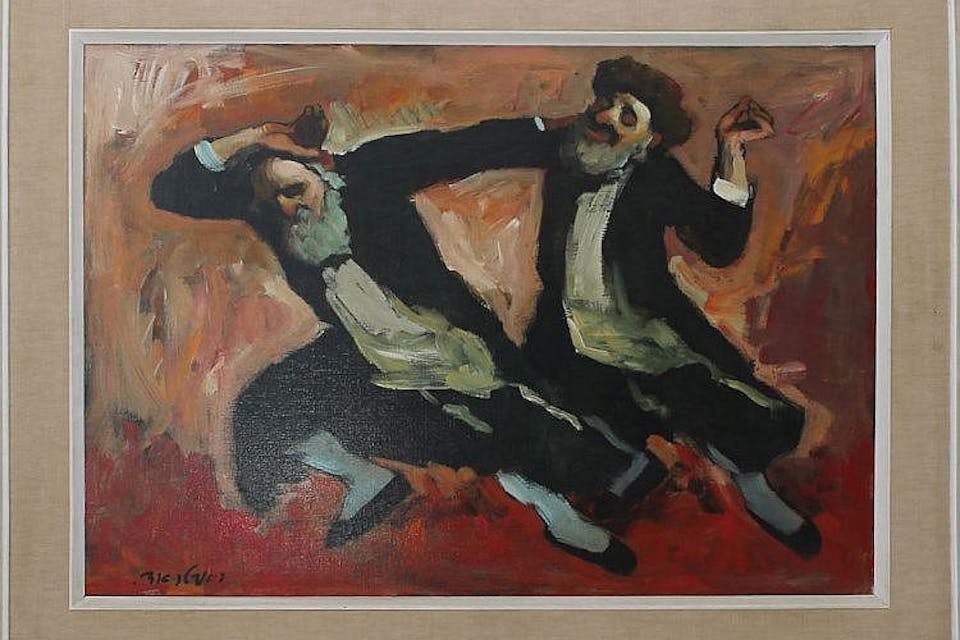
March 7, 2018
Turns out Everybody Likes to Talk about an Aliyah of the Soul
But not Philologos.
My appeal at the end of my column of two weeks ago for information on the expression “may his [or “her”] n’shamah [soul] have an aliyah” has met with a generous response. A large number of you have written to tell me what you know about this “bizarre” usage (as I called it), thus making it possible to construct a better profile of it.
To begin with, most of you who are familiar with the expression belong to Orthodox congregations and date your familiarity with it to the turn of the millennium or a bit later. Alon Mogilner, for example, writes from New York that, in his modern Orthodox synagogue, he’s heard it “for at least two decades or so.” Michael Schulder, also from the New York area, “first noticed it twelve years ago on the occasion of my mother’s first yortsayt.” Debra Warburg Victor, who lives in Israel, reports that she has been encountering it there for the last five years; in America, where she was raised and lived in an Orthodox community, she doesn’t recall having run into it. David Zuckerbrot also first heard it from English-speaking immigrants in Israel, where he now resides; he doesn’t recall it from “the New York of my youth.”
“May his n’shamah have an aliyah” has spread not just to Israel. Ben Savery writes from England that the expression is “pretty ubiquitous in Orthodox circles”; he first grew aware of it, he says, about ten years ago. But a few of you testify to having been exposed to it for longer. New Jerseyite Stephen Flatow writes that “I’ve heard in my shul ‘may the n’shamah [of So-and-So] have an aliyah’ for as long as I can remember,” and from Henry Gross comes the comment: “At every yortsayt kiddush I’ve attended (I’m sixty-five and grew up in Manhattan), a l’ḥayyim has been drunk to ‘the aliyah of the soul’ of the person being commemorated.” And although yortsayt gatherings seem to be the occasion on which the phrase is used most regularly—it is heard at them “all the time,” writes Avi Rockoff from Newton, Massachusetts—it is not limited to them. Another correspondent, Ms. H. Josef, reports: